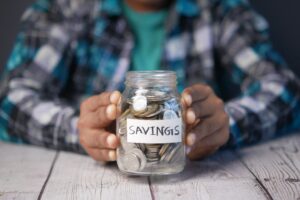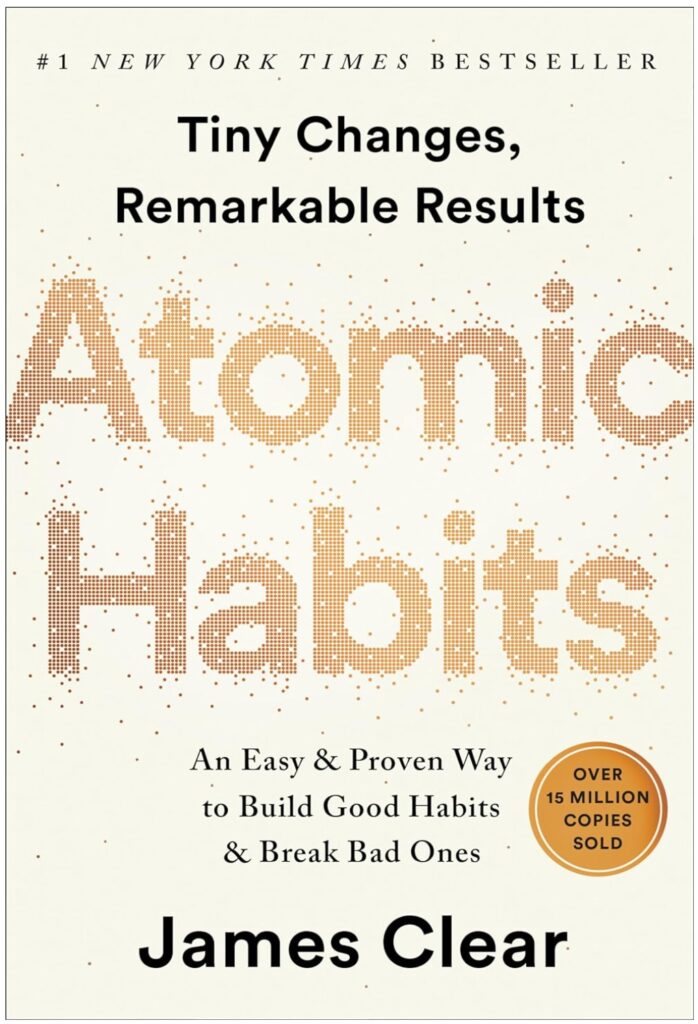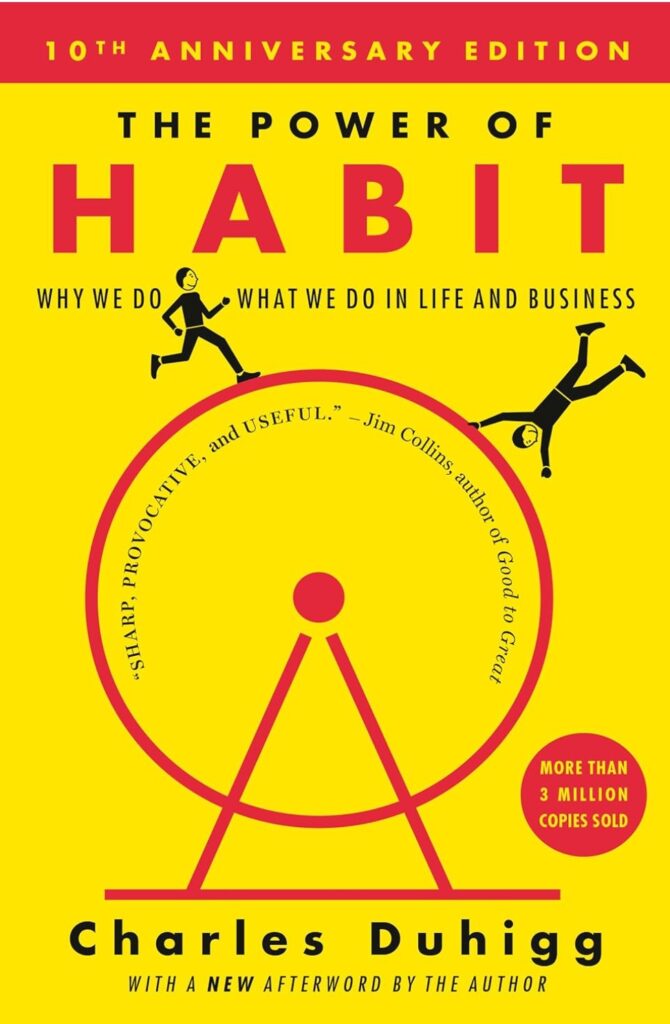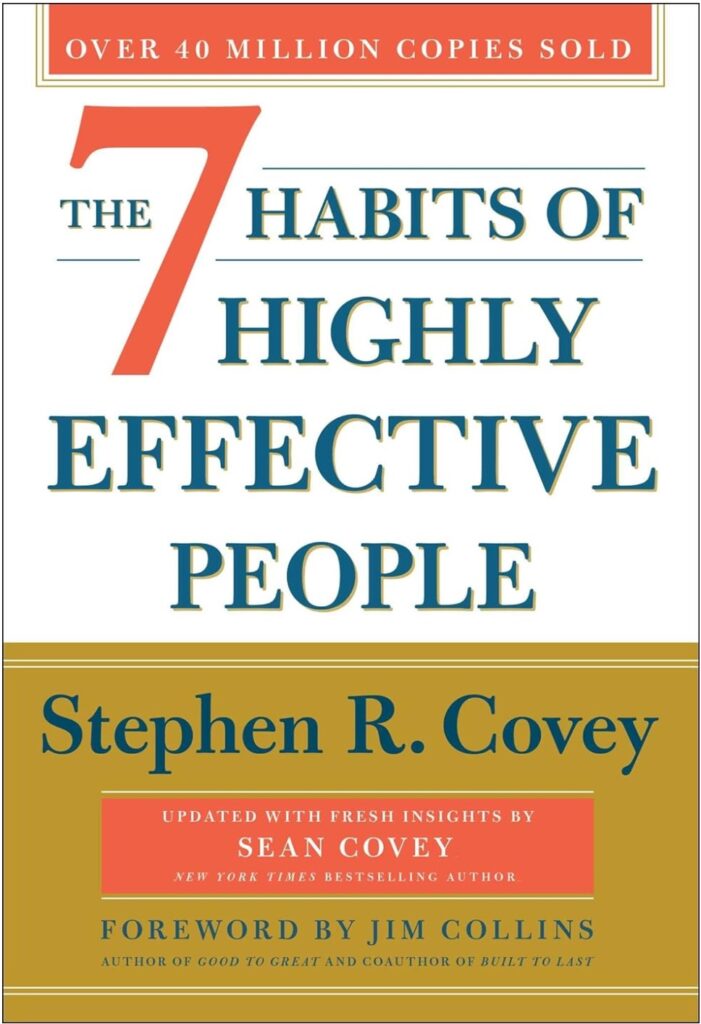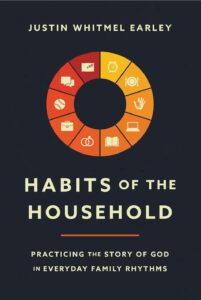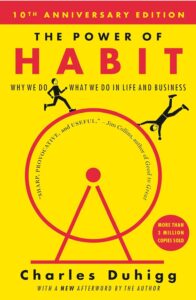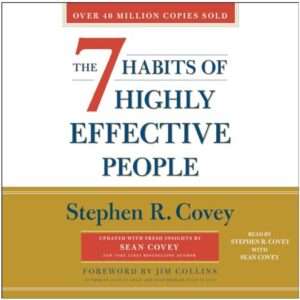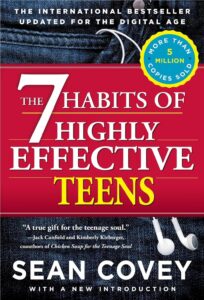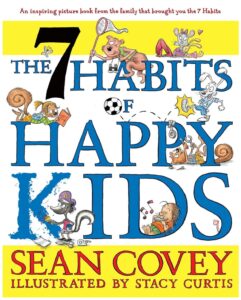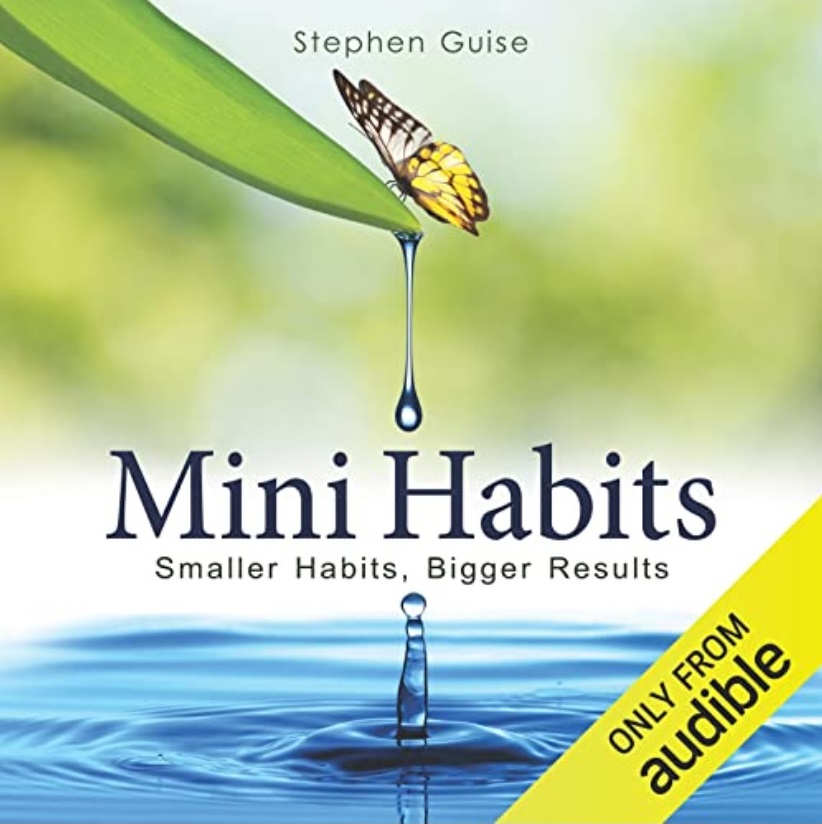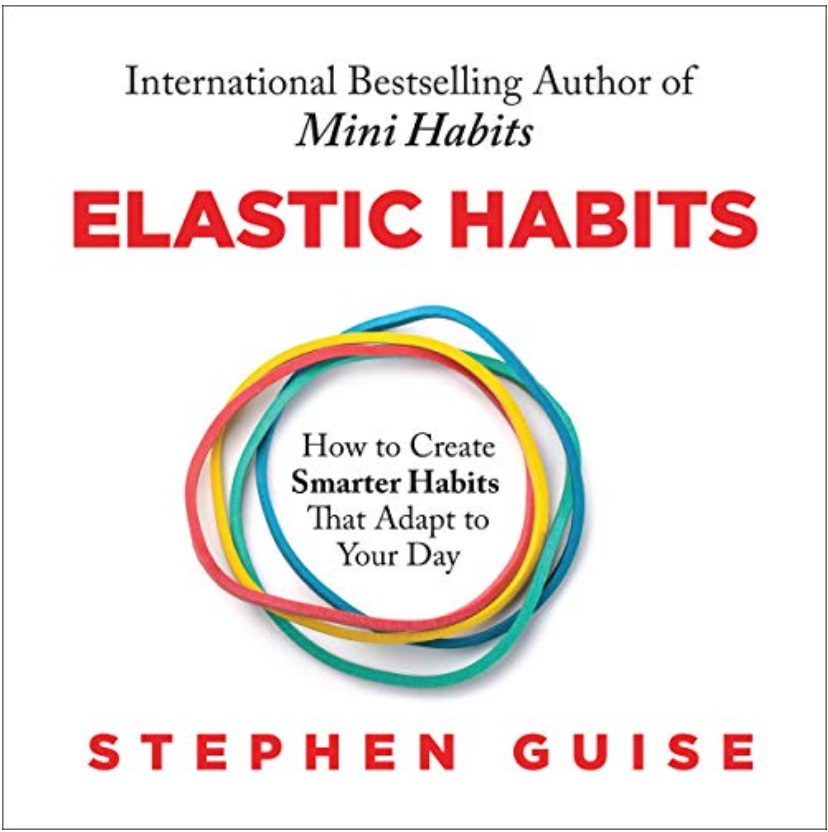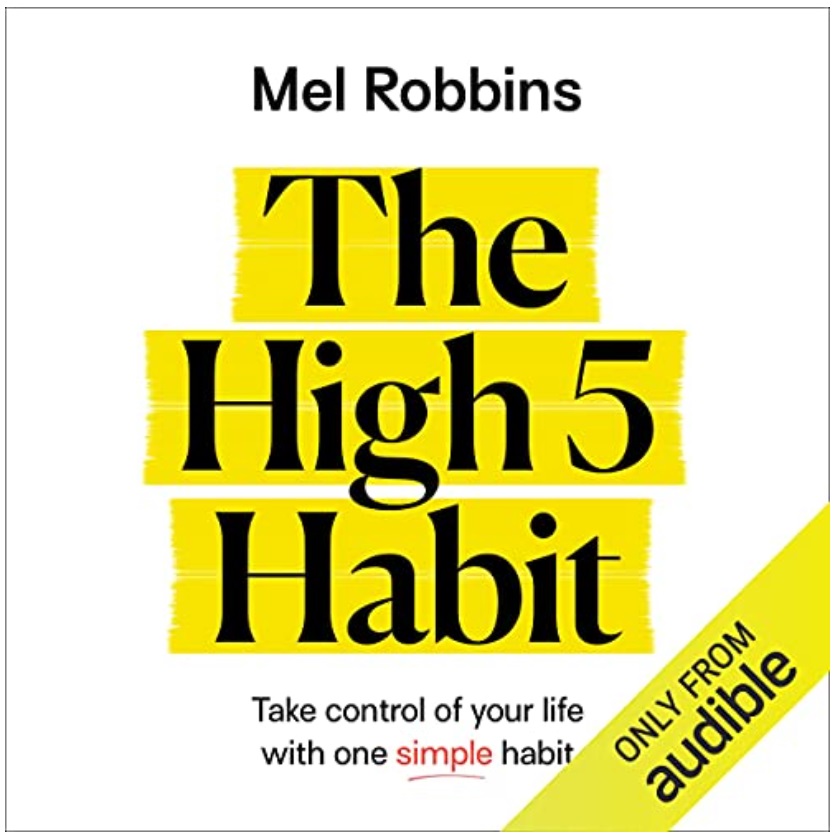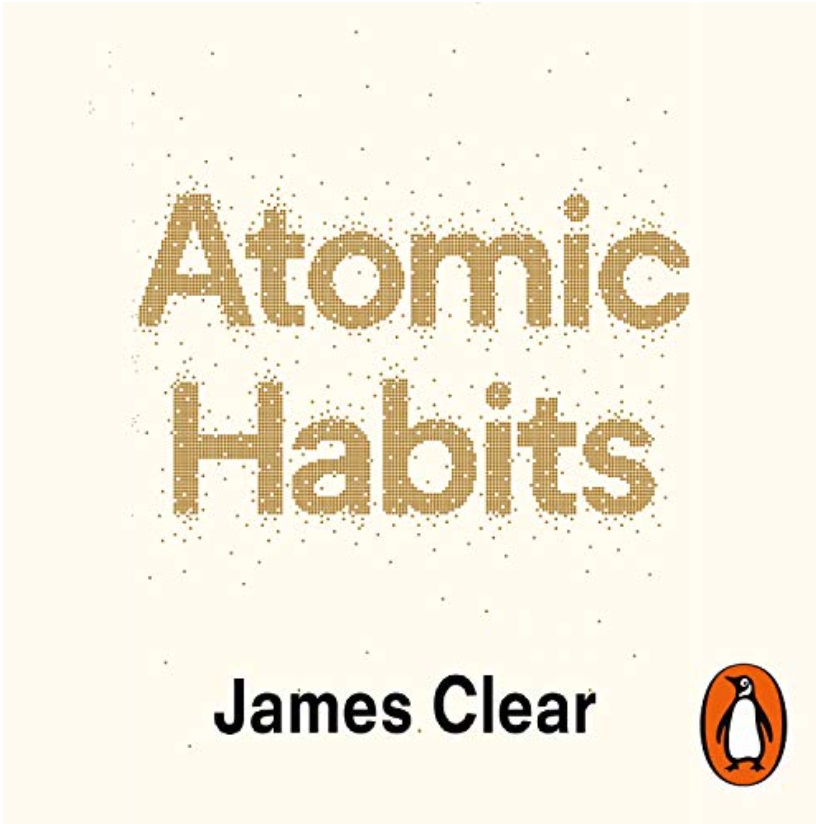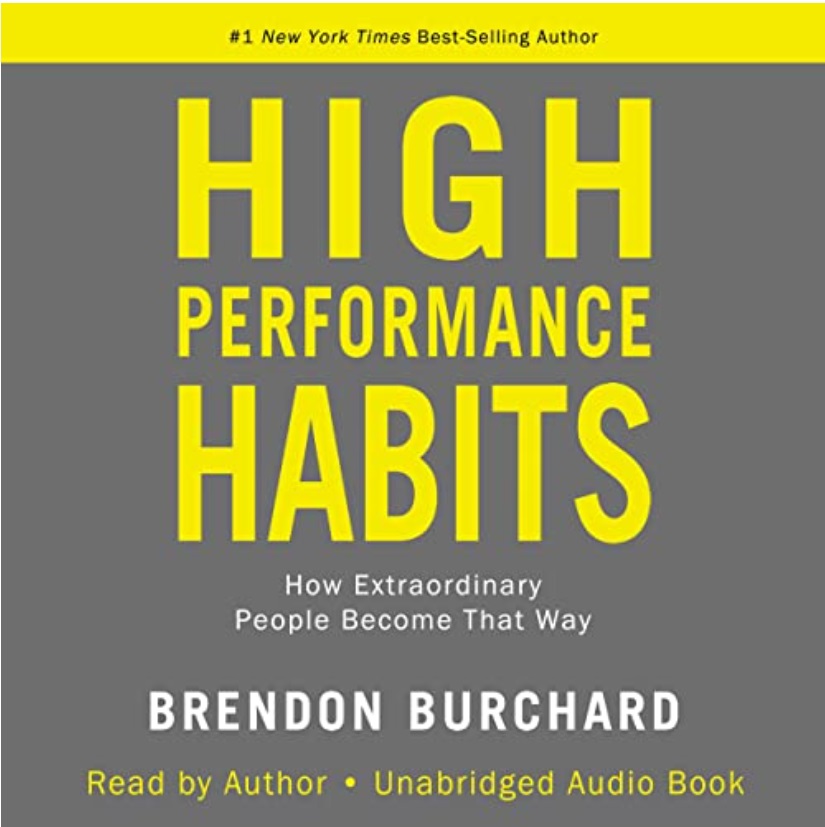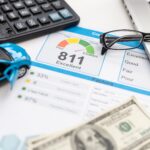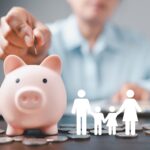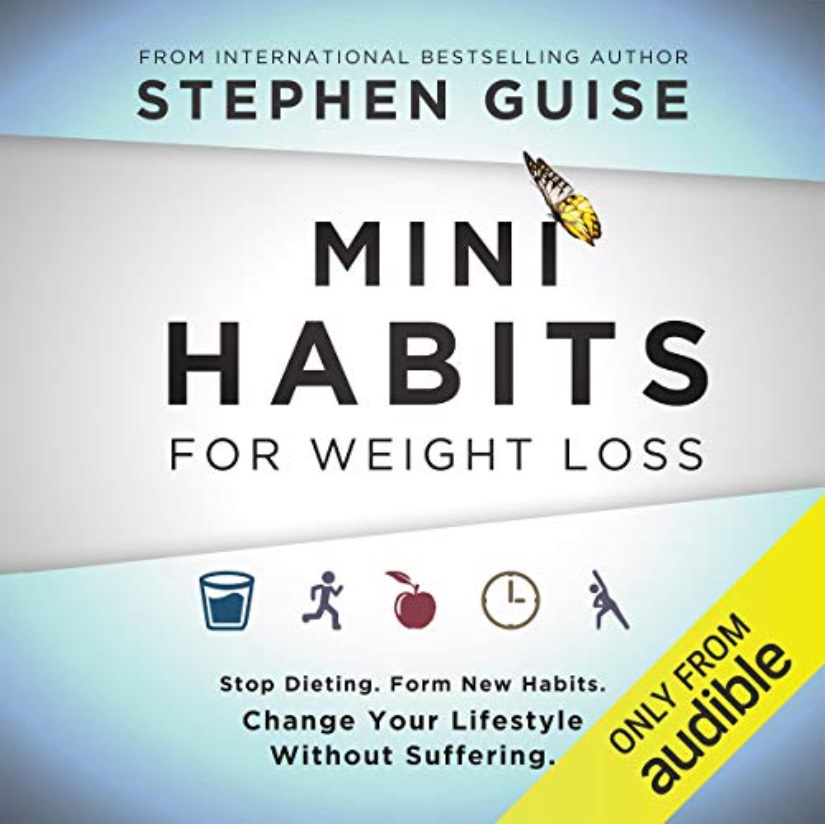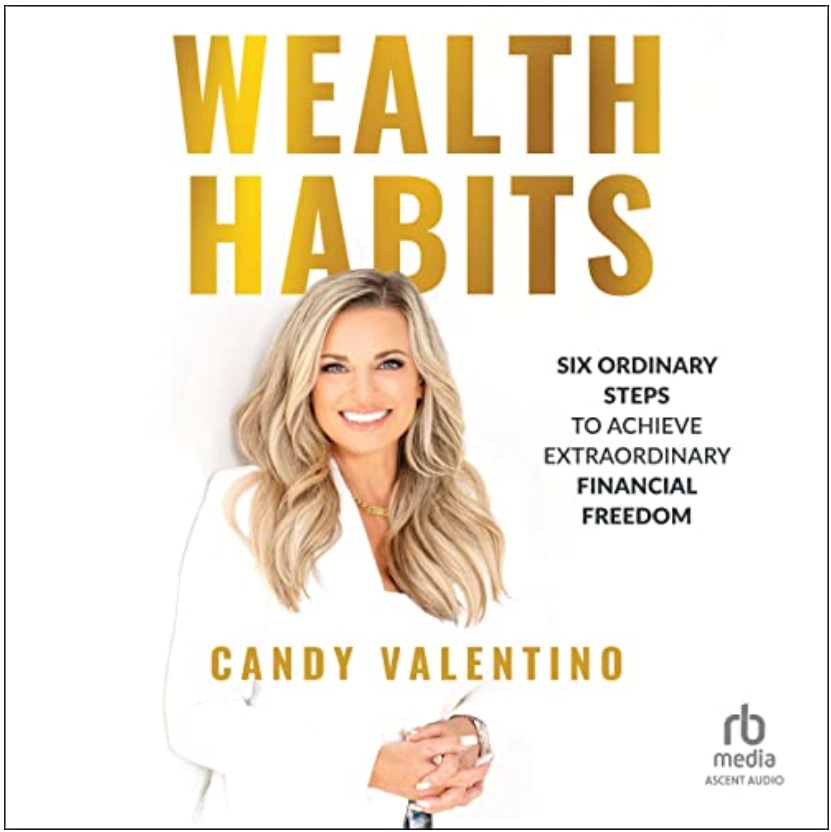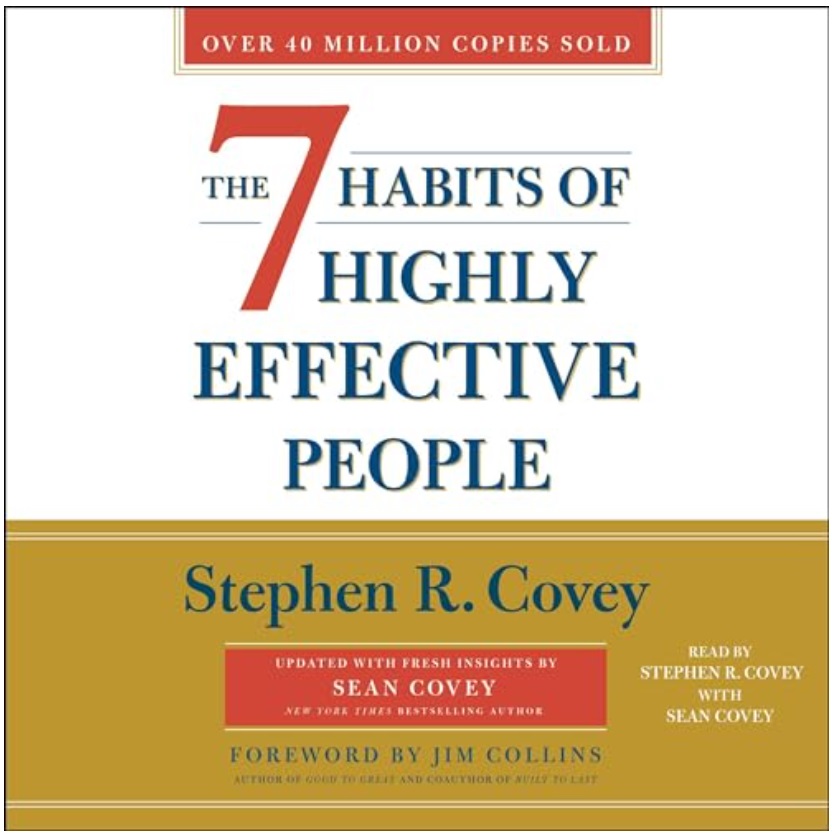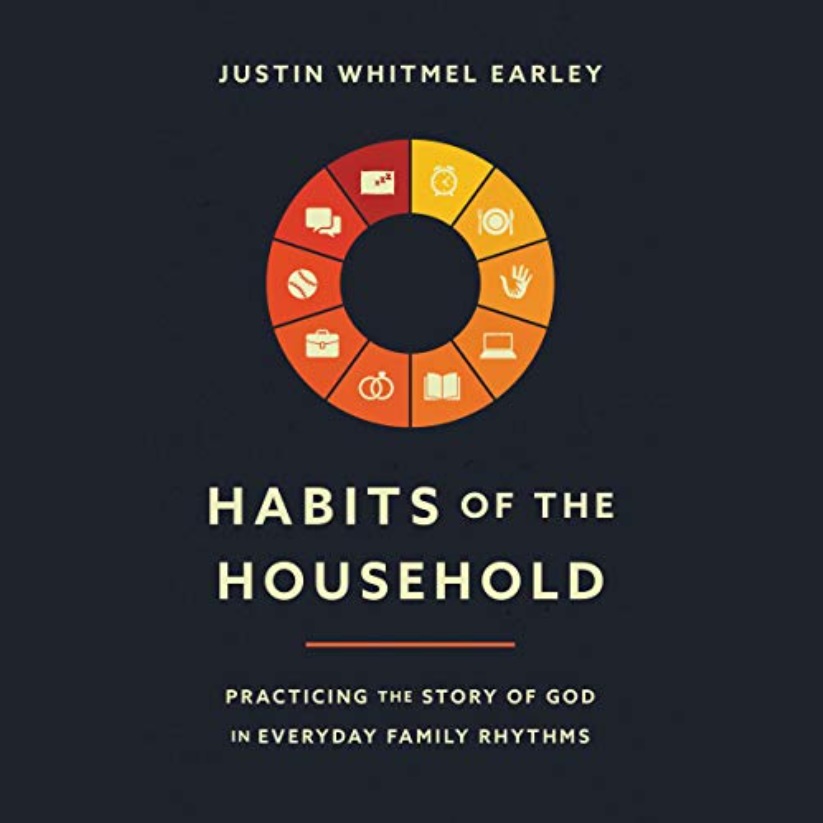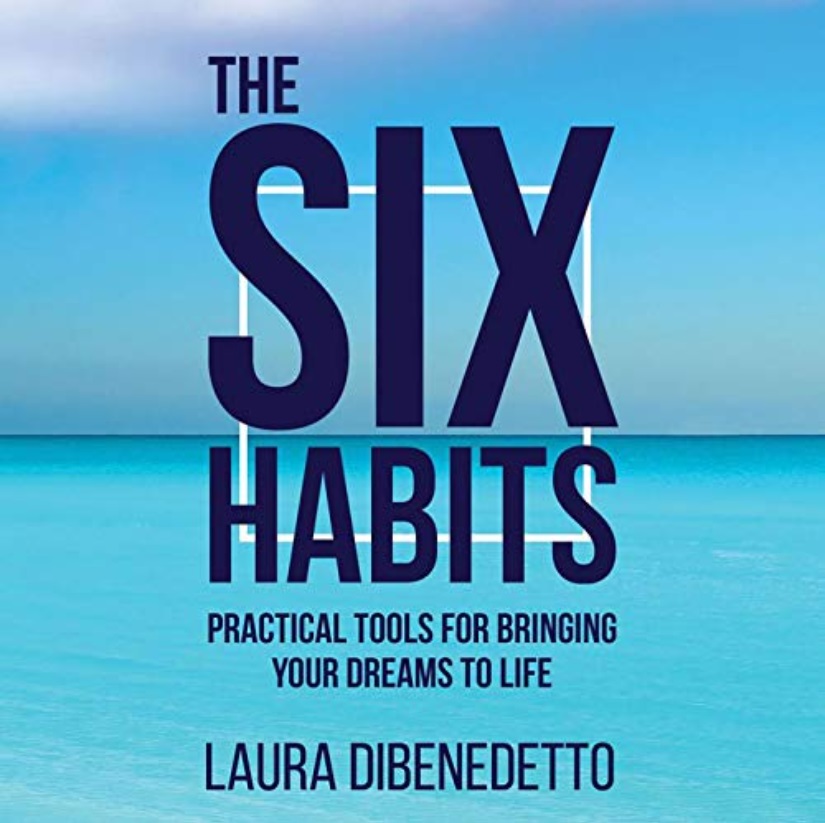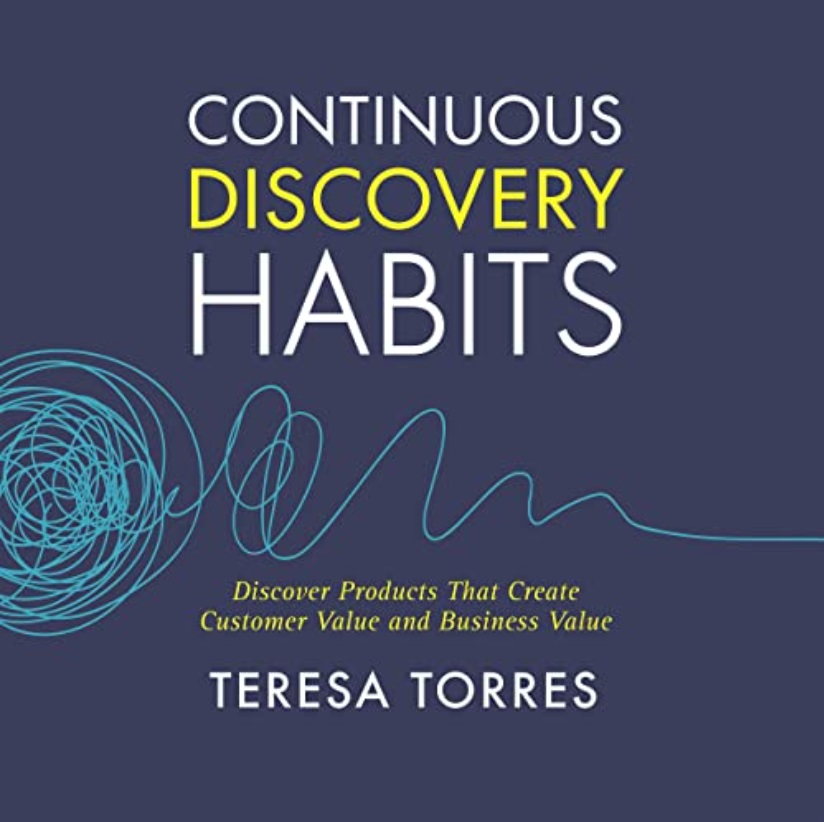KEY POINTS
- Create and stick to a budget, and track every expense to manage your finances effectively.
- Build an emergency fund to handle unexpected expenses and avoid new debt.
- Make payments above the minimum, negotiate interest rates, and avoid accumulating new debt to expedite your journey to financial freedom.
Debt can be a heavy burden, but with the right habits, you can lighten the load and work towards a debt-free life.
From what I’ve experienced, developing good financial habits is crucial for paying off loans and achieving financial freedom.
Here are some practical strategies that have helped me and can help you too.
It’s Possible to Beat Debt
Living with debt can feel overwhelming, but it’s entirely possible to turn things around with some dedication and smart habits. In my experience, the key to managing and eventually eliminating debt lies in consistent, small actions that build up over time.
I’ve found that focusing on daily habits can make a significant impact on your financial health. Whether you’re dealing with student loans, credit card debt, or a mortgage, the principles remain the same.
Let’s dive into some effective habits that can help you pay off your loans and move towards a debt-free life.
Create a Budget and Stick to It
Creating a budget is one of the most important steps you can take. I’ve seen how powerful a budget can be in managing finances.
A budget helps you understand where your money is going and ensures you have enough to cover your debt payments.
Start by listing all your income sources and then your expenses. Categorize your expenses into needs and wants.
This way, you can identify areas where you can cut back and allocate more towards your debt payments.
Track Your Spending
Tracking every single expense is highly important. By keeping a close eye on where every dollar goes, you can avoid unnecessary spending and stay within your budget.
Use a spreadsheet, a budgeting app, or even a notebook to jot down your daily expenses. This habit not only helps in staying accountable but also makes you more mindful of your spending habits.
Set Realistic Goals
Setting realistic financial goals gives you something to work towards. I’ve personally used goal-setting to stay motivated on my debt repayment journey.
Break down your debt into manageable chunks and set a timeline for paying off each chunk.
For example, if you have $5,000 in credit card debt, aim to pay off $500 each month.
Adjust this goal based on your financial situation, but ensure it’s achievable and keeps you motivated.
Build an Emergency Fund
Having an emergency fund can prevent you from going further into debt when unexpected expenses arise.
From what I’ve experienced, having even a small emergency fund can provide peace of mind.
Aim to save at least $1,000 initially, and then gradually build it up to cover three to six months of expenses.
This fund will act as a financial buffer and help you avoid using credit cards or loans for emergencies.
Pay More Than the Minimum Payment
Paying more than the minimum payment on your loans can significantly reduce the time it takes to pay off your debt and the amount of interest you pay.
I’ve gathered that even small additional payments can make a big difference. If possible, make bi-weekly payments instead of monthly ones.
This way, you end up making an extra payment each year, which helps reduce your principal balance faster.
Avoid New Debt
One of the best habits for paying off loans is to avoid accumulating new debt. I’ve tried to implement this by using cash or debit cards instead of credit cards.
If you do use a credit card, make sure to pay off the balance in full each month. Avoid taking out new loans unless absolutely necessary, and focus on paying off existing debt first.
Negotiate Interest Rates
Don’t be afraid to negotiate for better interest rates. Through my work, I’ve learned that many lenders are open to lowering interest rates, especially if you have a good payment history.
Contact your creditors and ask if they can reduce your interest rate. Even a small reduction can save you a significant amount of money over time.
Use Windfalls Wisely
Any unexpected money, such as tax refunds, bonuses, or gifts, should be used wisely. I’ve personally tested this technique by using windfalls to make lump-sum payments on my debt.
This approach can make a substantial dent in your loan balance and shorten your repayment period. Resist the urge to spend windfalls on non-essential items and prioritize debt repayment instead.
Stay Motivated and Celebrate Milestones
Paying off debt can be a long and challenging journey, so it’s important to stay motivated. I’ve found that celebrating small milestones can keep you focused and positive.
Set up small rewards for yourself when you reach certain milestones, such as paying off a credit card or reaching a savings goal.
These rewards don’t have to be expensive—think of simple pleasures like a nice meal or a day out.
In Conclusion
In my years of working towards financial freedom, ans guiding people along the same path through my teaching and mentoring, I’ve discovered that developing good habits is essential for paying off loans and achieving a debt-free life.
These habits—creating a budget, tracking spending, setting goals, building an emergency fund, paying more than the minimum, avoiding new debt, negotiating interest rates, using windfalls wisely, and celebrating milestones—have been instrumental in my journey.
Remember, the road to debt-free living is a marathon, not a sprint. Stay committed, make smart financial choices, and you’ll find yourself free from debt before you know it.







